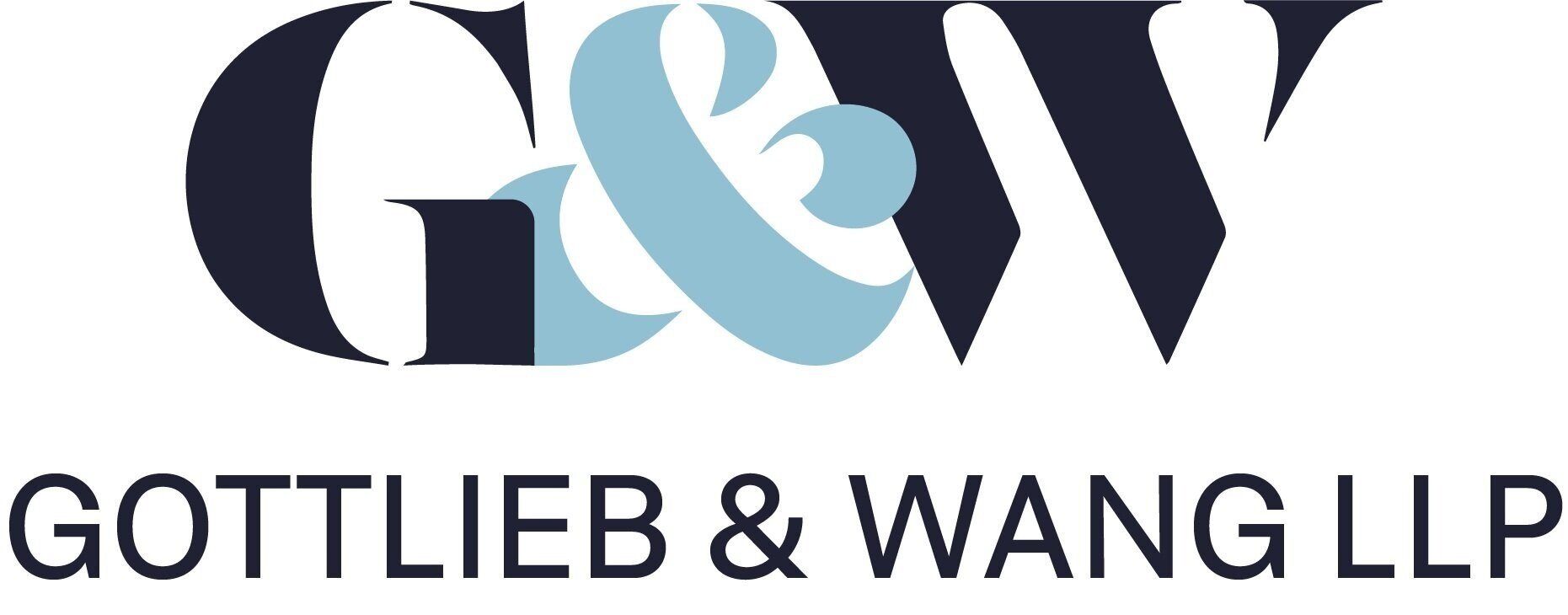A Look at Student Transportation for 2020-2021
In the beginning of the 2019 school year, the issue of school buses was front and center in New York City.
There were a number of horror stories that surfaced in the news about children who were picked up and dropped off at the wrong place; kids sitting on hot buses for hours; and school bus routes that were in general disarray.
My hopes weren't very high for the state of school bus routes this year before COVID-19. Now, with so many uncertainties, the situation has gotten cloudier. Variables include whether public and private schools are going to be in person or remote (if they are open at all), and whether they will have teachers available to staff them.
I know that New York City is also rolling out its 2020-2021 school year MetroCard program. That means, for some children who meet the eligibility requirements — taking into account how far the child is from their school and a couple of other factors — may be able to get a MetroCard that they can use to get to and from school.
Participants in the MetroCard program are excluded from busing, but for the kids who aren't able to take a subway safely by themselves, the question of getting to school is more complex. The easiest way to secure busing is to get specialized transportation on the child’s IEP.
The committee on special education can check a box that entitles your child to specialized transportation on a school bus to any school within 50 miles of their home. Deciding whether to ask for that box to be checked can be a difficult decision for parents who are considering tuition reimbursement — especially if they're still considering the question of whether they will send their child to the community school. That’s because if they tell the committee on special education, "I'm leaving it as an open question whether I'm going to send my child to the school that's a block down from my house," and then they ask those committee members to check the specialized transportation box, it doesn't always make a lot of sense. So it can be a delicate dance:
Do I want to tip my hand and signal that I am probably going to send my child to a private special education school if I can't get what I need in the public schools?
Or do I play it a little safer and have a stronger case for tuition reimbursement, while at the same time having to deal with the headache of getting busing through alternate means?
Those alternative means can take a few different forms.
One of the most common ways we see parents getting busing for their children, if they don't have that specialized transportation box checked on their IEP, is to apply for a medical exemption. That is accomplished with a set of forms that are available through the Office of Pupil Transportation, taking those forms along with a HIPAA release form to their child's doctor, and having the doctor explain on the forms why the child needs to be put on a specialized transportation bus.
There are a lot of different reasons the children can get those exemptions. Sometimes it's because the child is small in stature and they need to be on a special bus to remain safe. Sometimes it's to preserve their mental health and mitigate the anxiety brought on by a long bus commute. It could also be something like needing a bus monitor to sit with them in order to prevent them from hurting themselves or from being hurt by other children if they're vulnerable — especially if they're nonverbal and can't communicate to their parents about some of the things that might happen on an unsupervised bus.
The last option for parents is to forego the busing question altogether, to not rely on the New York City Office of Pupil Transportation to do its job, and to send them using a private car or van service. Depending on the strength of their case and what's going on from a tuition reimbursement standpoint, a parent can sometimes recover some of the costs of a car or van service if the DOE should be providing transportation and doesn't.
While we can't guarantee that the parents will get all the money back that they spend getting their child to and from school, Gottlieb & Gottlieb helps parents navigate that process and make sure that we pay special attention to keeping records and receipts. We encourage parents to get so granular as to keep track of what cars they use, what routes the cars take, and who the drivers of these cars are. That way, if challenged, we're able to produce sufficient records.
Sometimes something that should be as easy as getting your child to school can be an odyssey when interacting with the many bureaucracies that are involved in New York City special education, including the DOE and the Office of Pupil Transportation.
I invite parents to come to us to help navigate not only their tuition reimbursement claims, but also to ask us about how we can help them with transportation. While it's a separate service with a separate fee, it's something that adds tremendous value to the process of ensuring your child gets a free and appropriate public education.
Jonathan Gottlieb
Partner
195 Montague Street
14th Floor
Brooklyn Heights, NY 11201
Jonathan@GottliebFirm.com
(646) 820-8506


